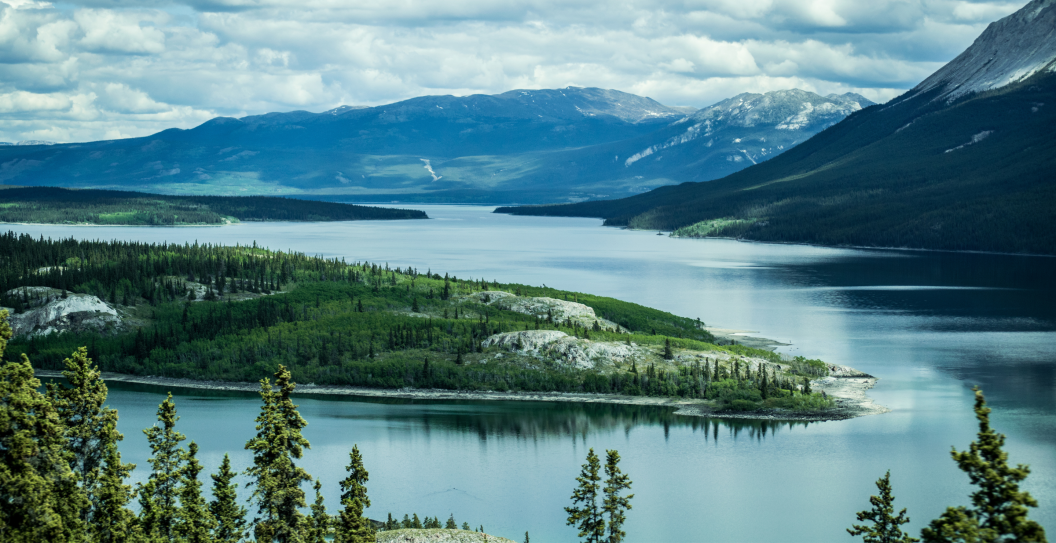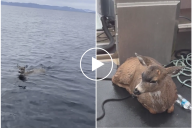A high-stakes international dispute between Canada and an Alaska tribal coalition is brewing, with indigenous livelihoods and a literal gold mine on the line. The Southeast Alaska Indigenous Transboundary Commission (SEITC), filed a brief in mid-February accusing the country of violating the human rights of its members with the proposed construction of open-pit gold mine near the Unuk River, upriver and across the border from Ketchikan, Alaska.
The area surrounding the Unuk River has played a pivotal role in indigenous peoples' lives for centuries, with the river's banks lined with petroglyphs as evidence. Today, Native Alaskans rely on the river for their food security, as the waters provide subsistence through salmon fishing.
The open-pit gold mine is just one of multiple large-scale mining projects that are proposed on Canadian soil that would likely affect Alaskan watersheds downriver. "Mining is known to impact water quality and salmon," SEITC executive director Guy Archibald told Juneau news outlet KTOO. "Modern mines actually fail at a higher frequency and with more catastrophic consequences than mines did 40, 50 years ago—and some of these [proposed projects] are the largest mines that will ever be built in the world so far."
The group points to a mine in the Unuk River watershed on Eskay Creek that operated during the 1990s. When the mine closed in 2007, locals saw a rebound in the hooligan populations in the Unuk. Hooligan are an important subsistence fish in the region, whose populations had collapsed by 2005. Canadian mining development firm Skeena Resources Limited has proposed a revitalization project aimed at reopening the Eskay Creek mine as well.
SEITC first submitted a petition about the Unuk gold mine to the Inter-American Commission for Human Rights in 2020. Both the tribal group and Canada must now make their own cases; the recently filed brief is the first official filing in SEITC's case. The Canadian and British Columbia governments are required to submit a similar brief in the coming weeks. Afterwards, the Inter-American Commission will decide whether to hold a hearing.




